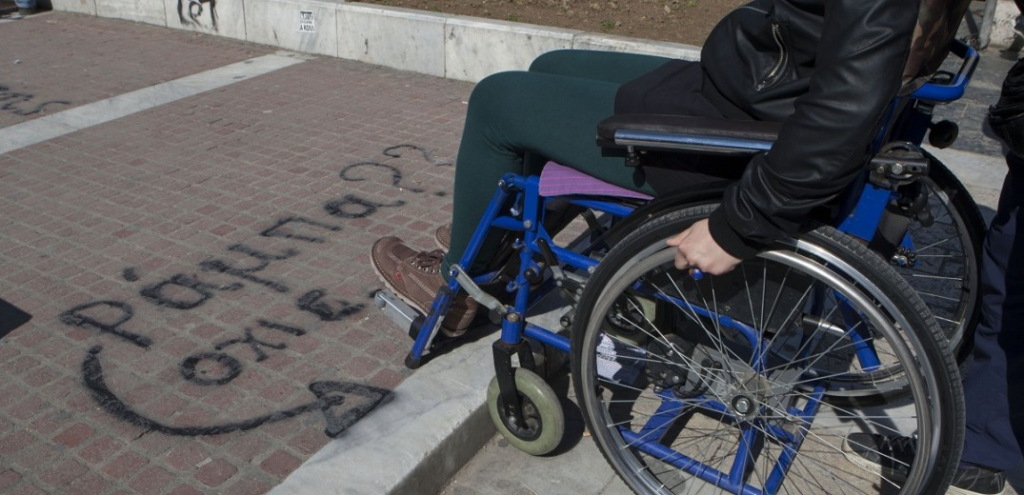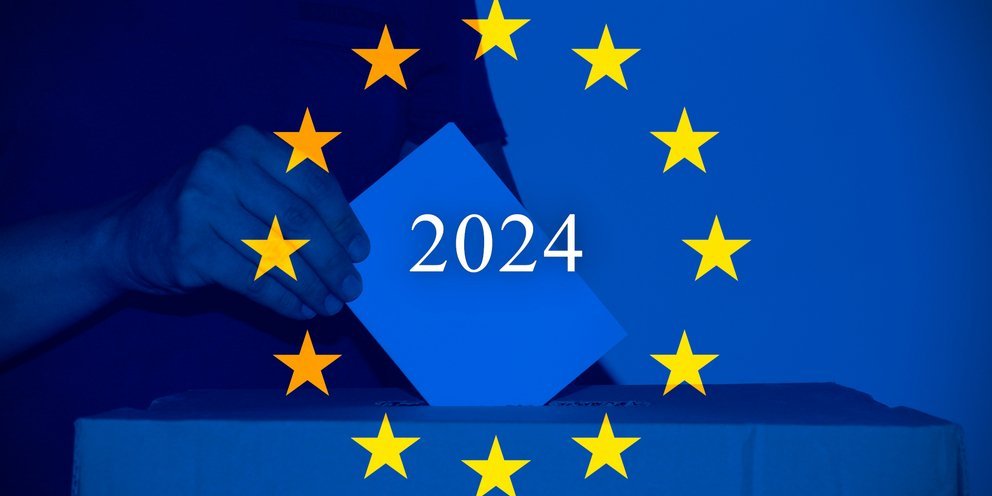The card aims to facilitate the exercise of the right to free movement.

Speaking to the Athens-Macedonian News Agency (AMNA) on the occasion of his speech about the European Disability Card at the National Informative Meeting “Endocrinology in Thalassemia and Sickle Cell Disease,” which will take place from April 19 to
For the European Disability Card to become a reality, as Mr. Vardakastanis points out, it is not enough for it to be approved by the European Parliament and the Council of Europe, to become a Directive and to be published in the Official Journal of the European Communities, but it must also be incorporated into national legislation within 42 months of publication. He notes that the matter will progress after the European elections and the reconstitution of the European Parliament, and he estimates that publication in the Official Journal of the European Communities will take place next September.
“The purpose of the European Disability Card is to serve the exercise of the right to free movement, which is one of the fundamental principles on which the EU is based. Along with this, there will also be the European Parking Card, which already exists but comes to correct some issues. The European Disability Card concerns all people with disabilities. We wanted, but it was not accepted, the mutual recognition of disability certification. That is, when a person with a disability goes to a European country, the disability certification they have from their country of origin should be recognized, and they should not need a new certification.”
“When a person with a disability goes to another country for studies, work, etc., there is a gap created until their disability is certified in that country. The European Disability Card will cover this gap because the disability certification from the country of origin will be temporarily recognized until the disability is certified in the foreign country. However, mutual recognition of disability is not provided for with the European Disability Card. The important thing is that we are laying the foundation to continue our efforts for a fully integrated approach, which will take some more time. Each country has its own legislation, its own problems, its own history regarding these matters, and it takes time. I don’t justify them; I believe they should have accepted mutual recognition,” added Mr. Vardakastanis.



